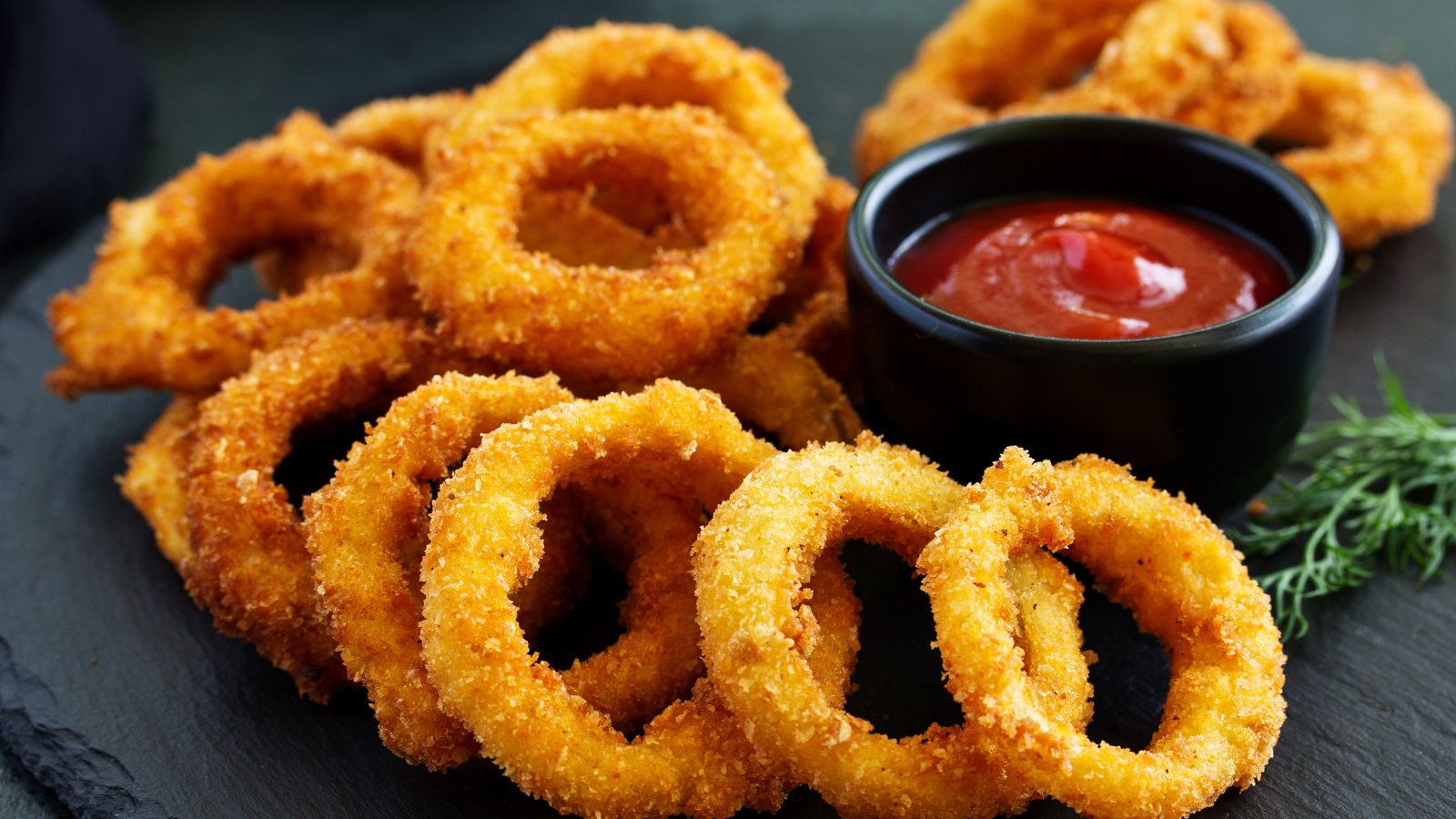In the back of our minds, we all know there are some foods that don’t fare well overnight. But too often, we brush this fact aside when taking out last night’s leftovers. If you need a little help in deciding which foods are okay to eat, we’ve got just the list for you. Here are 19 foods you shouldn’t reheat the next day.
Chicken

While it’s possible to safely reheat chicken the next day, doing so often changes the protein’s structure and makes it more difficult to digest. You can also put yourself at risk of food poisoning if you don’t reheat it to the right temperature.
Rice

Like chicken, rice can be reheated safely the next day, but it is especially prone to bacterial growth, and reheating it will not always kill all of the bacteria. The best way to store rice overnight is to immediately cool it after cooking and then eat the leftovers as quickly as possible.
Potatoes

According to Real Simple, reheating potatoes in a microwave or other device can put you at risk of botulism. This is especially true when the potatoes are wrapped in foil and left out to cool. Reheating also damages the structure of the potato, causing it to become dry or pasty in many cases.
Leafy Greens

Leafy greens are healthy and quick to reheat, so it can be tempting to leave a few for the day after cooking. However, greens such as kale and spinach contain nitrates, which can convert to potentially harmful nitrosamines when reheated.
Eggs

If you’ve ever tried reheating eggs, you’ll know that they often don’t come out quite as you may have hoped. Their texture often turns tough and rubbery, and you can also put yourself at risk of salmonella if you don’t reheat them to the right temperature.
Mushrooms

Lots of people love the distinctive flavor of mushrooms, but sadly, their high protein content makes them prone to bacterial growth upon reheating. Reheating can also alter their protein structure, which can make them more difficult to digest.
Seafood

Reheating seafood can put you at risk of food poisoning if it is not stored or reheated correctly. It is also very easy to ruin the texture and quality of seafood when heated for a second time, and the resulting odors can be rather off-putting.
Beets

Like some other vegetables, beets contain high levels of nitrates, which can turn into harmful nitrosamines when reheated. As such, it’s better to store and consume them cold if possible. Reheating can also ruin the texture and flavor of beets.
Oils with Low Smoke Points

According to the Austin Publishing Group, certain oils, such as flaxseed oil and some types of olive oil, can turn rancid and generate dangerous free radicals when reheated. As such, if you want to reheat your leftovers, it’s better to use oils with a high smoke point or choose dishes that don’t require reheating instead.
Celery and Carrots in Soups or Stews

Like other foods we’ve mentioned on this list, celery and carrots have a high nitrate content, making them somewhat dangerous to reheat. Therefore, if you’re going to eat soups with these ingredients, it’s better to remove them before cooking or eat the meal cold instead.
Processed Meat

The additives and preservatives in processed meat can become carcinogenic when heated for a second time. Furthermore, doing so can dry out or toughen up the meat, making it harder to consume and digest.
Pizza

While it’s tempting to reheat leftover takeout pizza, doing so can often leave you with less than appetizing results. The pizza often becomes too dry, soggy, or tough. Because of this, it’s usually recommended to use an oven or toaster oven for best results or consider eating the leftovers cold.
Avocado

Avocados are delicious and healthy fruits with plenty of healthy fats. Unfortunately, reheating avocados can significantly lower the nutritional value of this incredible fruit. It can also make it mushier in texture and bitter in taste, leaving it considerably less appetizing.
Fried Foods

As you may have discovered, attempting to reheat fried foods in the microwave can cause them to lose their crispness and turn soggy. As such, if you’re going to reheat these kinds of foods, it’s better to air fry them or use an oven or toaster oven.
Pasta

Pasta dishes are delicious and can be fairly easy to make in bulk, so it’s tempting to make extra for the next day. Sadly, reheating pasta often causes it to become mushy or oily. If you want to reheat pasta, adding a little extra water or lightly sautéing it is the best option.
Cream-Based Sauces

When reheated, cream-based sauces often become grainy and separate out, making them much less appetizing. Using too much heat can sometimes cause these sauces to curdle too. For best results, it’s recommended to heat slowly over a lower heat while stirring regularly.
Coffee

It can be frustrating to discover a full cup of cold coffee you forgot to drink earlier. Sadly, reheating coffee will usually cause it to become bitter and stale in flavor, so it’s best to avoid doing so. However, you can drink cold coffee if it suits your tastes.
Quinoa and Couscous

Quinoa and couscous are delectably fluffy when freshly cooked. But unfortunately, once reheated, they can become mushy or too dry. If you do want to try reheating these grains, it’s best to add a bit of water before doing so.
Soft Cheeses

Lots of dishes contain soft cheeses like brie, goat cheese, and ricotta. Sadly, these cheeses are known to turn rubbery or oily when reheated. Because of this, it’s best to eat these cheeses at room temperature or heated very lightly.
